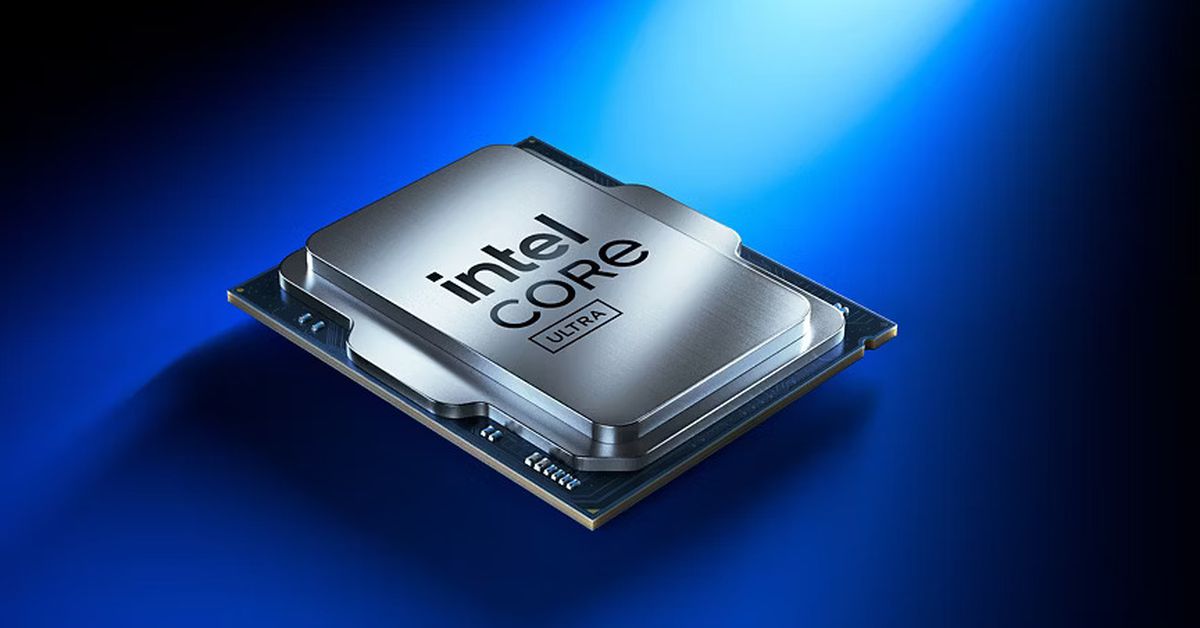Unlock the Power of Arrow Lake: Unlocking Performance Fixes for Your CPU

Intel’s Arrow Lake CPUs: Addressing Early Performance Issues
Intel’s new Arrow Lake CPUs have been on the market since October, promising reduced power consumption without sacrificing performance. However, initial reviews, including ours, have shown some surprisingly disappointing gaming performance. Tom Warren, in his review, noted, "In many titles, it provides worse performance than the 14th Gen chips it was designed to replace."
The Road to Improvement
To tackle these issues, Intel focused on four key areas. In an interview with HotHardware, Robert Hallock, Intel’s VP and GM of client AI and technical marketing, said, "At the end of the day, there were four root issues that we needed to address, and fixes for those are already in the field right now. They’ve been coming out over the last two weeks or so in drips and drabs, as update schedules allow."
A Tale of Two Updates
One of these issues stemmed from a "mistimed" update meant to optimize Windows’ processor power management (PPM) system for Intel’s Core Ultra 200S-series processors. PPM adjusts the performance of a CPU based on the current power plan, such as Balanced, High Performance, Power Saver, and so on. Instead of releasing the PPM update before reviewers received the processors, Intel scheduled it to roll out when it became widely available, which might have contributed to subpar performance. This, in turn, prevented the performance-boosting Application Performance Optimizer (APO) from taking effect in games, and "misconfigured" settings negatively impacted reviewers’ benchmarks.
Fast-Track Fixing and Future Plans
A fix was already applied for these issues in Windows 11 build 26100.2161. Additionally, Epic Games resolved a driver compatibility issue causing the blue screen of death (BSOD) when running games with Easy Anti-Cheat, such as Star Wars Outlaws. Intel plans to release another set of performance upgrades for Arrow Lake CPUs in January, promising a "comprehensive performance update" at CES. For now, Intel recommends updating Windows and applying the latest BIOS update to your motherboard, if you haven’t already. Alternatively, you can wait until the "final" performance update next year.






